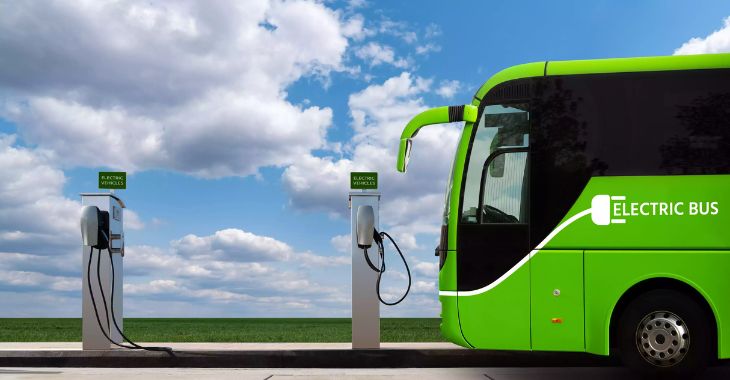US Special Envoy on Climate Change, John Kerry, highlighted the electrification drive in India’s transport sector as a pivotal opportunity during an event at the Indian Pavilion at COP28. Kerry emphasized that accelerating India’s pursuit of this initiative would not only mitigate greenhouse gas emissions but also reduce pollution and enhance the country’s overall security.
In a significant move, the US government and philanthropic groups have jointly contributed $150 million to India’s $390 million fund for deploying e-buses. The remaining $240 million comes from the Indian government, constituting a payment security mechanism to guarantee manufacturers seeking loans to boost e-bus production. This initiative builds upon India’s commitment to deploy 50,000 electric vehicles by 2027, a substantial leap toward sustainable transportation practices.
Speaking at the event, Kerry stressed that rapid electrification aligns with environmental goals and contributes to a cleaner, more sustainable, and secure future for India. He recognized the crucial role supply chains play in India’s burgeoning economy and praised Prime Minister Narendra Modi’s vision of a circular economy and expanding access to low-carbon public transport.
The former secretary of state emphasized the collaborative nature of this effort, highlighting the focus on implementing Indian solutions to maximize domestic opportunities and decarbonize the transportation sector. Environment Minister Bhupendra Yadav, also present at the gathering, emphasized the importance of prioritizing electric buses in achieving net-zero emissions. He acknowledged the challenges faced by public transport authorities in adopting e-buses due to high upfront costs and lower revenue realization from operations.
Yadav introduced the India-US Payment Security Mechanism (PSM) for e-buses as an incentive for both Indian and international manufacturers or bus operators to participate in e-bus operations. The PSM aims to contribute to the growth of the e-bus industry, potentially establishing a manufacturing hub in India and boosting e-bus exports. The collaborative effort underscores a shared commitment to sustainable and eco-friendly transportation solutions.



![[CITYPNG.COM]White Google Play PlayStore Logo – 1500×1500](https://startupnews.fyi/wp-content/uploads/2025/08/CITYPNG.COMWhite-Google-Play-PlayStore-Logo-1500x1500-1-630x630.png)